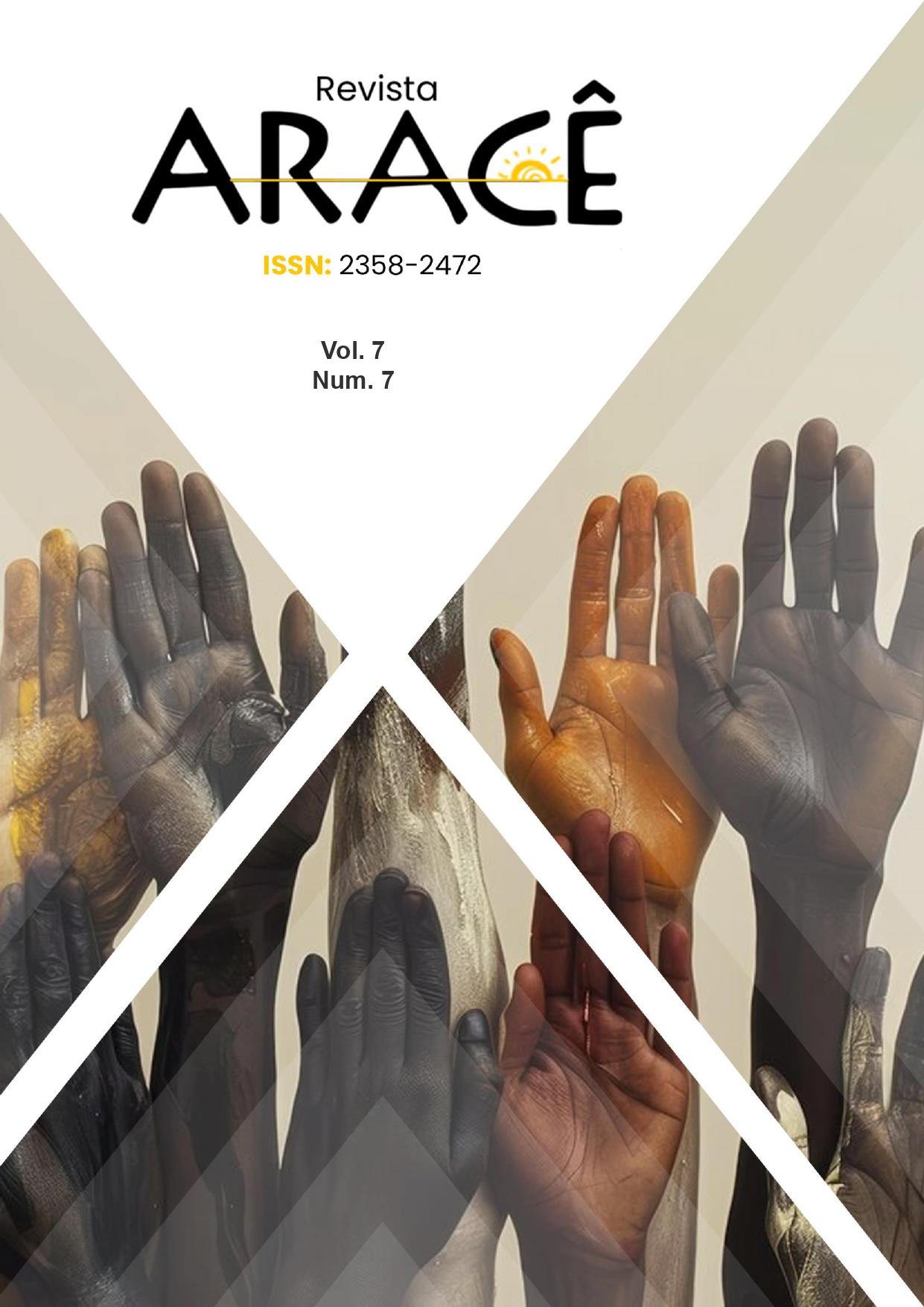HERDEIROS DA PANDEMIA: ATRASO ESCOLAR E NOVAS DESIGUALDADES EDUCACIONAIS SEGUNDO A PESQUISA NACIONAL POR AMOSTRA DE DOMICÍLIOS (PNAD) – 2024
DOI:
https://doi.org/10.56238/arev7n7-010Palavras-chave:
Atraso escolar, PNAD Contínua, Desigualdades educacionaisResumo
O presente artigo analisa os impactos educacionais da pandemia de COVID-19 no Brasil, com ênfase no atraso escolar e nas desigualdades sociais, raciais e territoriais expressas nos dados da PNAD Contínua 2024. A partir de uma abordagem qualitativa fundamentada na análise documental e estatística, o estudo examina como a crise sanitária interrompeu processos formativos e intensificou exclusões que já estavam presentes na estrutura educacional brasileira. São discutidos indicadores como analfabetismo, defasagem idade-série, taxa líquida de matrícula e evasão escolar entre jovens de 14 a 29 anos. Os resultados apontam que, apesar de avanços em anos de estudo e alfabetização, houve estagnação ou retrocesso em metas previstas pelo Plano Nacional de Educação (PNE), especialmente no que se refere à universalização da Educação Básica e à inclusão no Ensino Médio e Superior. A análise revela que as perdas educacionais atingiram com mais intensidade grupos vulneráveis – pretos, pardos, populações do Norte e Nordeste e jovens de baixa renda. Além disso, o artigo discute a sobrecarga do trabalho docente durante a pandemia e a fragilidade das políticas públicas para garantir condições de permanência escolar. Conclui-se que o atraso escolar em 2024 não se limita a uma consequência temporária da pandemia, mas evidencia um processo de reprodução das desigualdades educacionais, exigindo medidas estruturantes para recomposição de aprendizagens e garantia do direito à educação.





